Quick Understanding
Computer algorithms are designed to solve complex problems related to computers or software, and programmers like us make use of them to write optimized code. These algorithms represent a sophisticated approach to problem-solving, following specific steps. Now, the question arises: can these algorithms be applied in real life to solve everyday problems? In their book, authors Brian Christian and Tom Griffiths explore the use of popular algorithms to address real-life problems in an efficient manner.
Who should read this book?
Given that this book assumes a solid understanding of algorithms, it is recommended for individuals with some background in the subject. It's a book that encourages programmers to approach problems in a more practical way, presenting interesting and useful examples. While those outside the programming world can also benefit from reading it, some effort may be required to grasp computer-related vocabulary in order to fully comprehend the authors' explanations.
Aspects in the book
With 11 chapters focusing on various algorithms, the book delves into popular ones and connects them with real-world contexts and research. The writer utilizes principles such as sorting, scheduling, caching, and more to demonstrate how these algorithms can be applied in our daily lives, accompanied by marvelous examples.
Personal Review
I found this book particularly intriguing. As a programmer, I've always wondered if the solutions I use in my profession can be applicable in real life. Book was successful to answer some queries related to usability of algorithms in real life. The book did take a bit more time than usual reads, given its use of advanced terminology from the computer world. However, this aspect prompted me to reconsider the powerful applications of concepts used in the realm of computers. Most algorithms are designed to save time and resources, and the book suggests that applying these algorithms in real life is not only possible but also beneficial. I recommend this book to every programmer, manager, and entrepreneur to gain insights into the potential of algorithms.
While utilizing algorithms and striving to optimize everything, akin to computers, may lead to better decisions in real life, it's essential to acknowledge that, as emotional beings living in society, some aspects may not be as practical as demonstrated by the author.
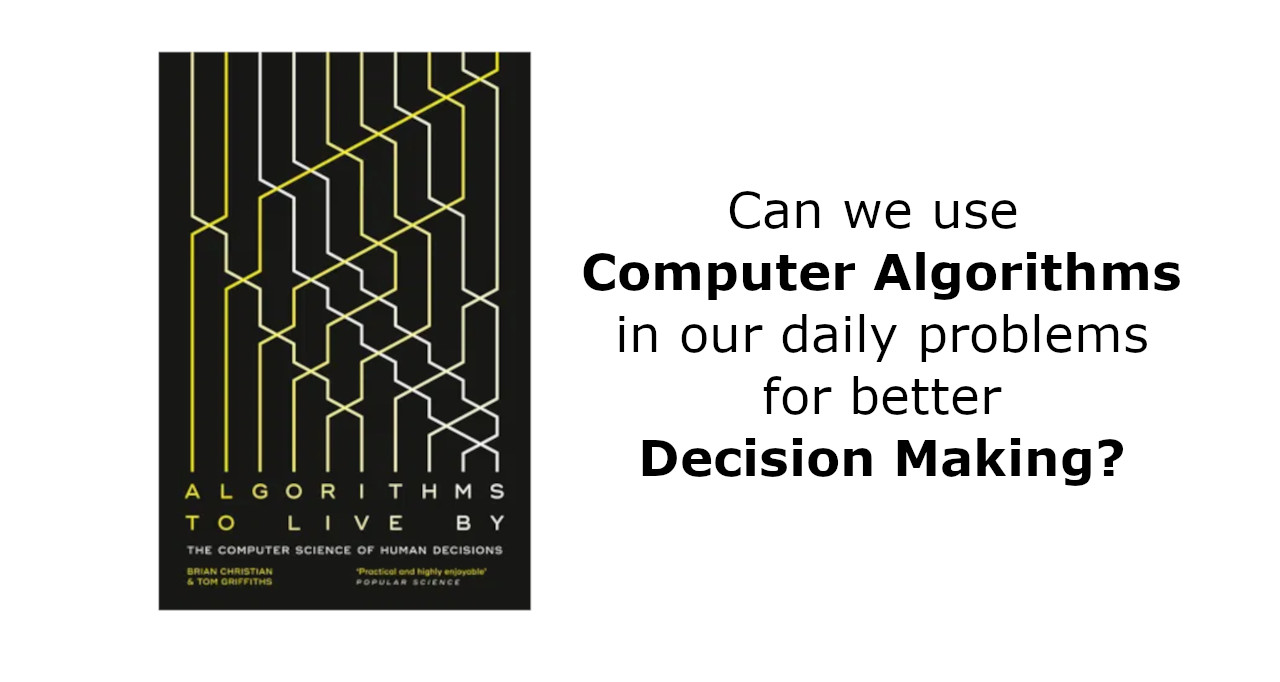
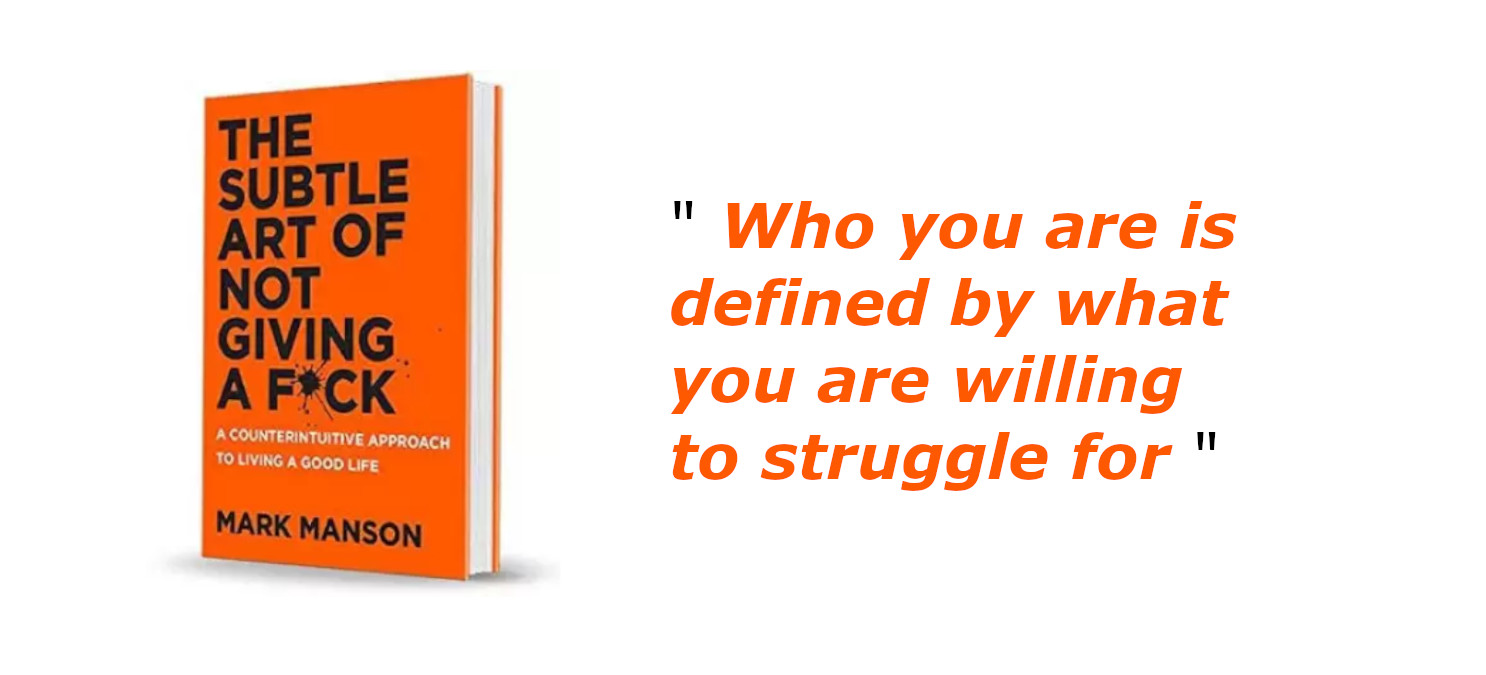
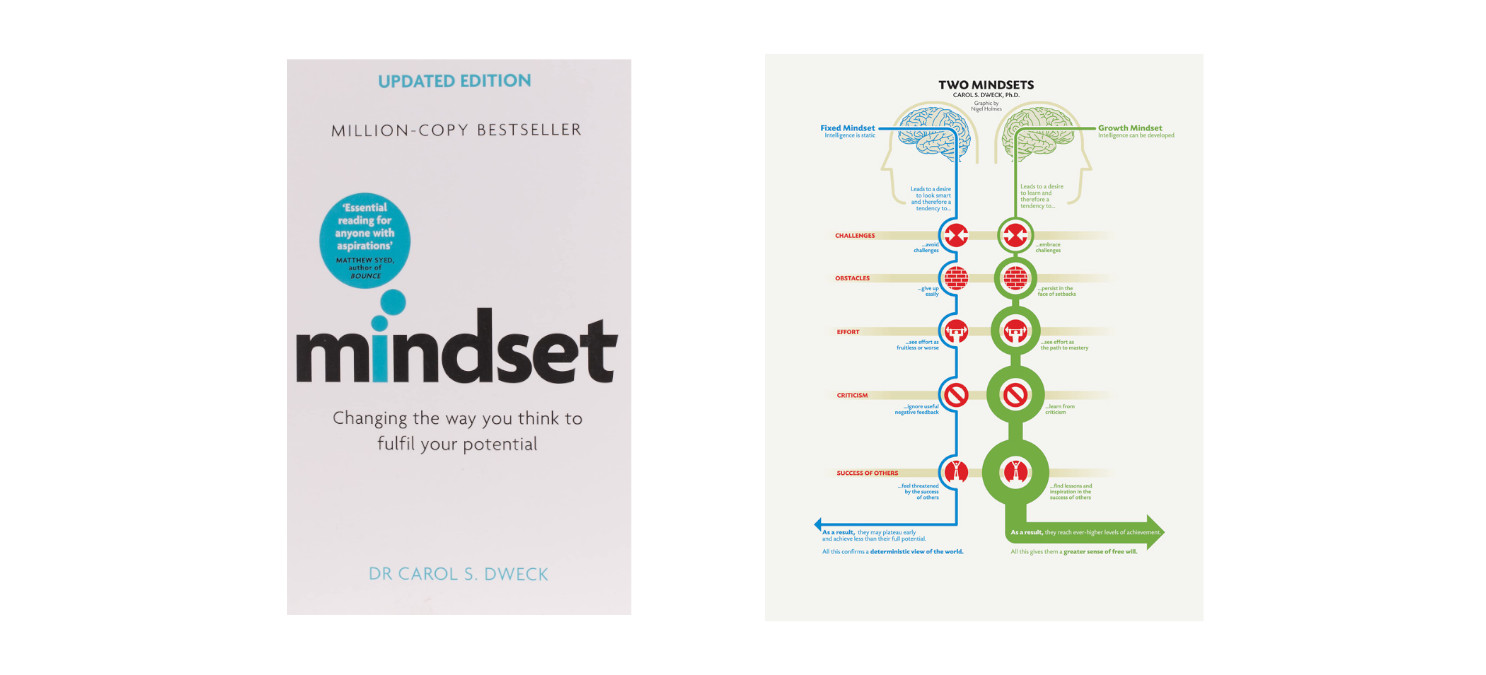
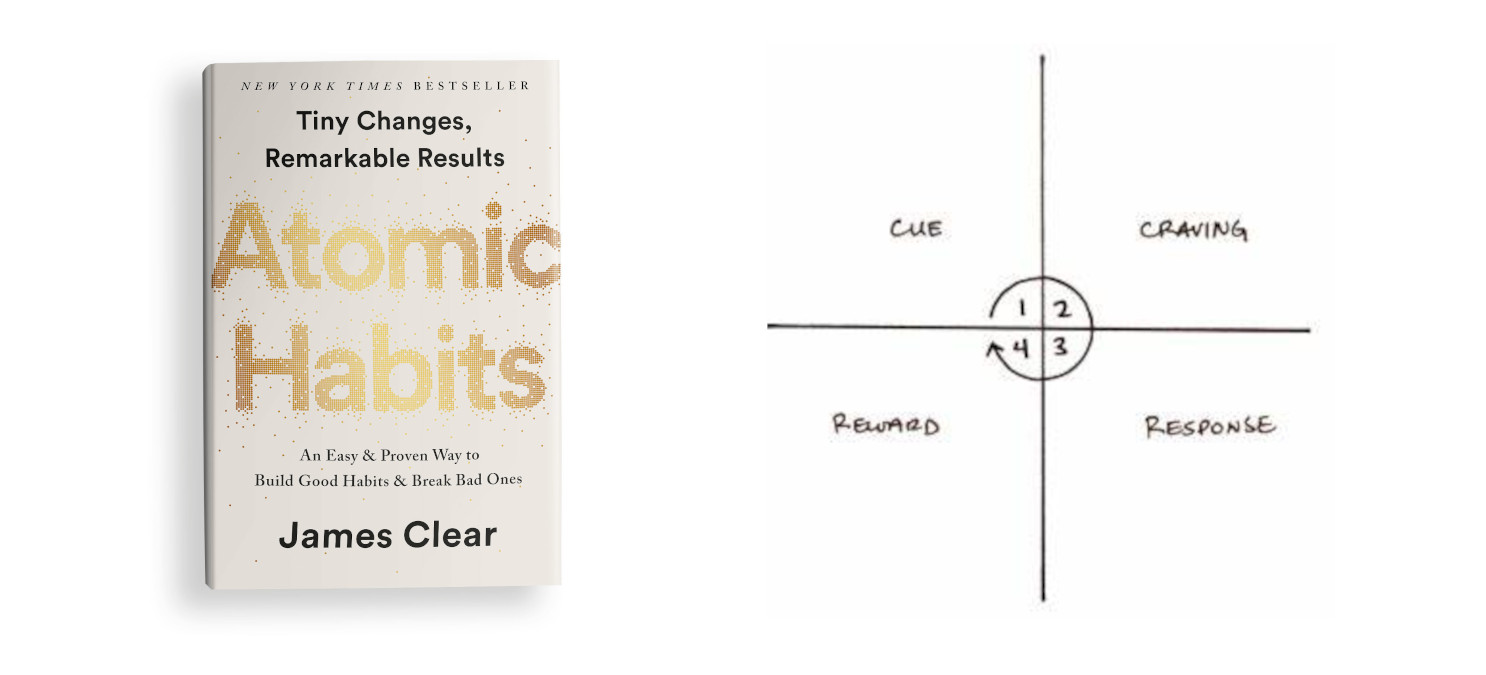
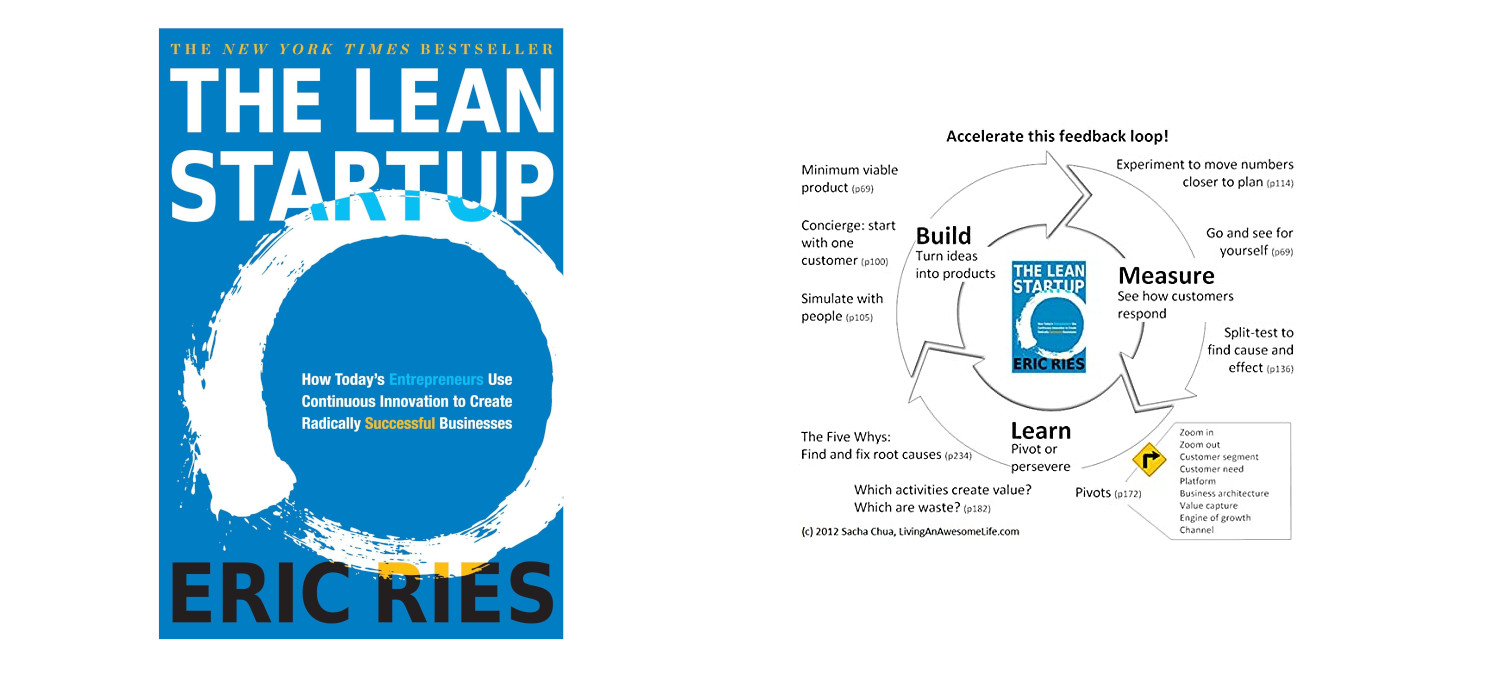

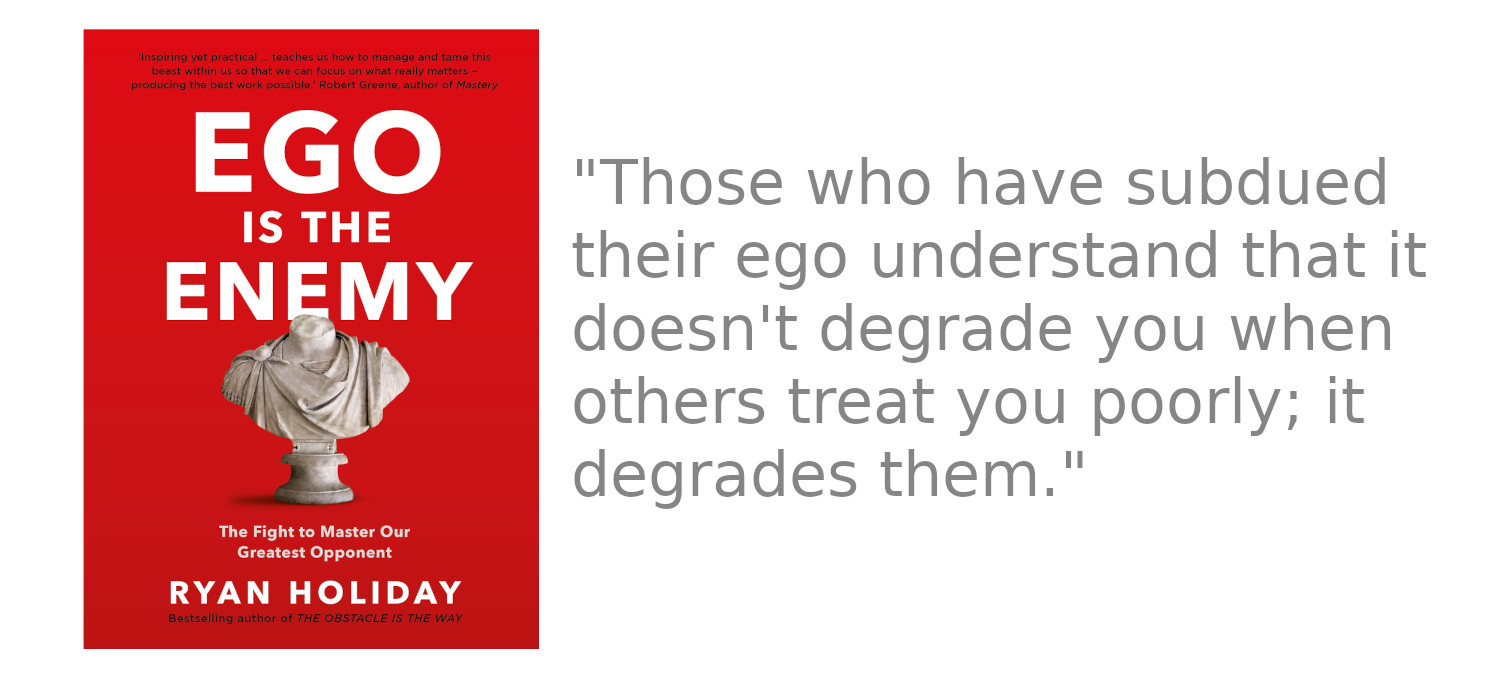
Comments